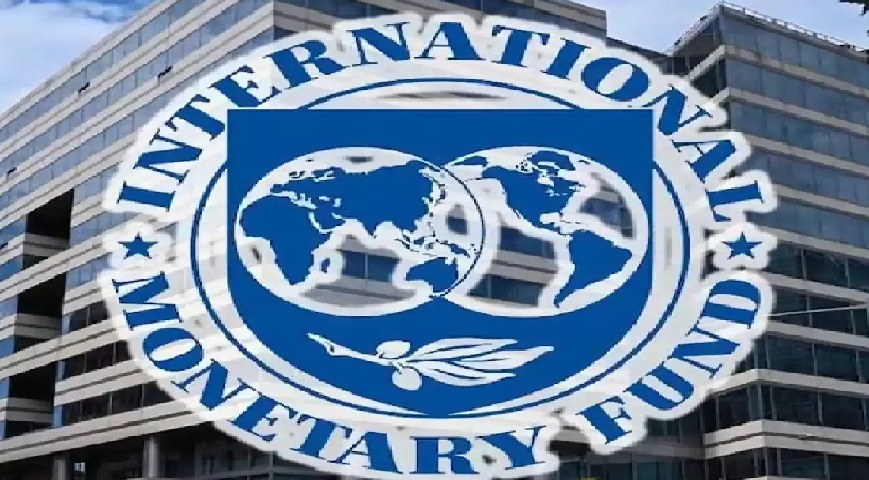The International Monetary Fund (IMF), now under scrutiny for pressuring Kenya to increase taxes—a move that has sparked widespread youth protests—argues that the solution to the unrest lies within the government itself.
A senior IMF official told the Nation that the lender will not relent on the conditions imposed on Kenya to improve revenue spending, aiming to ease the country's debt burden in the long term.
Regarding the protesters' specific grievances, the IMF suggests that the Kenyan government eliminate extravagance and prioritize spending on essential areas.
“There is a lot of luxury in government, which we found to be the real cause of pain to the people,” said a source at the IMF who asked to speak anonymously as the Fund has not yet issued an official response.
“That can free up lots of money to go to the targeted social and development programmes. There lies the problem and a solution lies within.”
Did you read this?
The official dismissed the blame directed at the IMF for its perceived role in the protests, referring the Nation to the 'frequently asked questions' section of the IMF website.
Past IMF programs tied to budgetary support for Kenya have sparked issues before, including criticism and street protests last year. These protests followed the government's implementation of advised reforms, such as changes to tax laws, the introduction of a housing levy, and the removal of fuel subsidies.
At the time, the IMF expressed concerns about the violence but maintained that easing Kenya's debt burden was a long-term goal. The Fund also attributed the economic difficulties to external shocks beyond Kenya's control.
“These trade-offs can be mitigated by protecting and enhancing social and development expenditures. In this regard, the authorities’ social initiatives, including the Financial Inclusion Fund (“Hustler Fund”), affordable housing, and the expansion of water infrastructure respond to these social needs,” the Fund said back in January.
With new tax proposals, the IMF has frequently emphasized the need to broaden the tax base and enhance revenue collection, including targeting tax evaders. It had suggested linking mobile money transfer details to tax registers, a proposal that MPs rejected on Tuesday. Instead, due to privacy concerns, they recommended that the tax authorities should obtain court orders to access these records.
These revenues from taxes, and levies, are supposed to provide important resources to support “additional government spending aimed at protecting Kenyan households in the face of recent domestic and global shocks,” IMF argued ahead of this year’s Budget.
“Continued fiscal consolidation is also critical to reduce expensive debt and reduce external vulnerabilities, while mobilising important resources to address Kenya’s developmental needs.”
Nairobi, however, thinks the solution lies elsewhere: a new debt architecture. Government officials have this week argued unsuccessfully for an understanding on where the money collected is going: paying debt.
Ali Mohamed, the Special Envoy on Climate Change, said over 67 per cent of the national revenue is going to debt repayment, a result of what he said were “effects of unfair global financial system and debt burden that leaves nothing for investment in social and productive sectors.”
“Global peace and prosperity is tied to peace and hopes for the millions of the jobless Africa youth. Urgent action needed to address debt crisis and financial reform.”
Ndii: 'Debts keep us up at night'
David Ndii, the economic advisor to the President has argued against wastage too but says it is debt repayments that “keep us awake at night.”
“One slip and it is financial meltdown,” he posted on X this week.
However, the political impact of those economic reasons, as well as the perceived arrogance of government officials has drowned them out as more numbers poured in the streets this week.
Hours after protests turned violent, the UN and the African Union separately raised concerns about deaths and injuries, and called for dialogue. Antonio Guterres, the UN Secretary General said urged Kenyan authorities “to exercise restraint, and call for all demonstrations to take place peacefully.
Moussa Faki Mahamat, the Chairperson of the African Union Commission, appealed to “national stakeholders to engage in constructive dialogue to address the contentious issues that led to the protests in the supreme interest of Kenya.”









